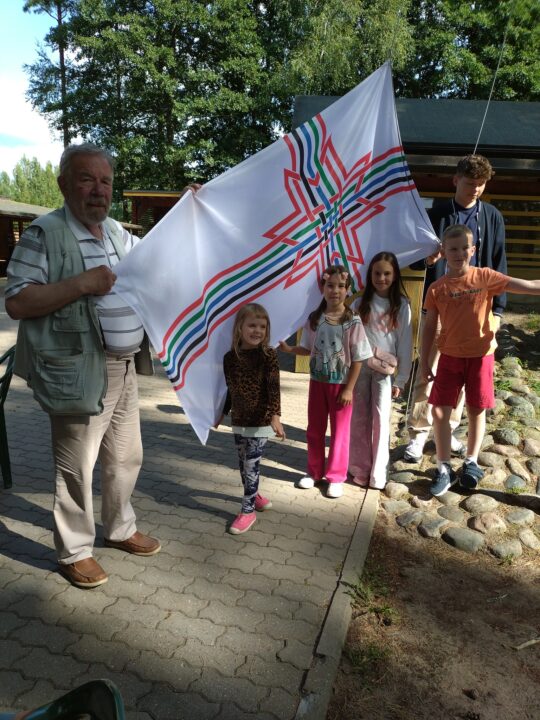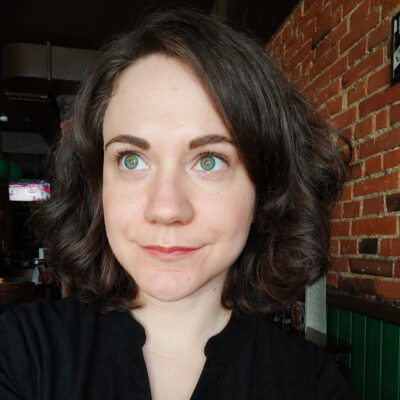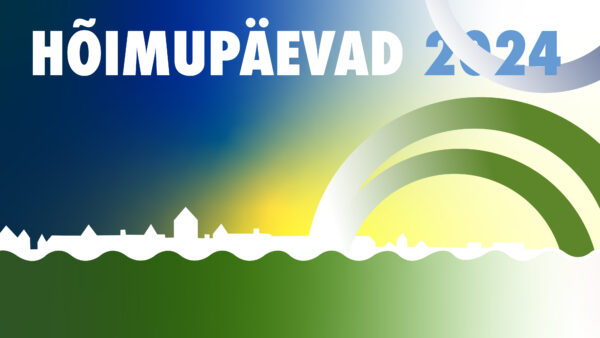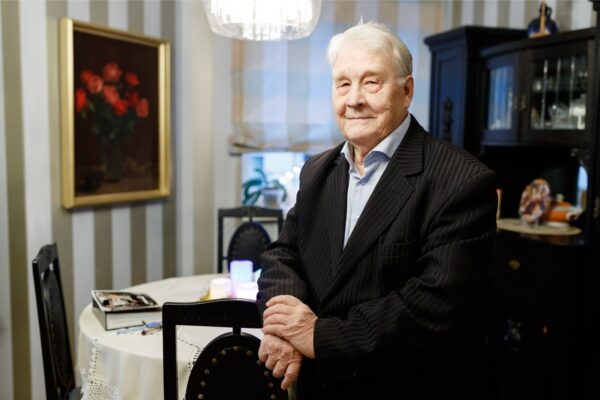Fenno-Ugria Summer School 2024: ‘What can we do?’
Fenno-Ugria organised its third summer school in Lepanina Hotel, Häädemeeste between 16-18 August 2024. Fenno-Ugria’s adviser Jaak Prozes gives an overview of the summer school.
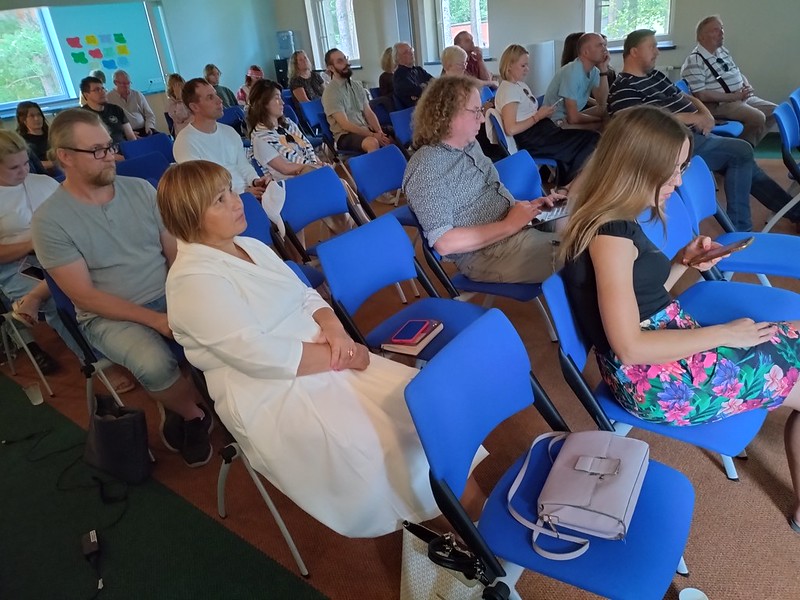
This summer school was somewhat shorter, but all the more intensive. One lecture after another and perhaps not so much attention was paid to entertainment. But school is school, and you don’t come to school to rest, you come to learn. They did so diligently, but they did not forget to rest, travel and socialise. After all, a purpose of the summer school is also to create a kind of consolidating space of reflection between the Finno-Ugric communities here. This would allow us to look to the future more hopefully and concisely.
The theme of the summer school was ‘what can we do?’. It has to be said that we discussed this key question cursorily. This was probably inevitable, because before we can discuss this issue, we need to be clear about where we are now and what is actually happening. It was on this basis that we actually drew up a plan of who to invite to speak and whether these topics could be useful. That is, useful both in terms of defining our place and knowledge now, but also in terms of acquiring new knowledge. This, in turn, should enable new ways of thinking and new ideas to emerge.
Presentations
With this in mind, clinical psychologist Inga Ignatieva‘s presentation ‘Violence in the Finno-Ugric way’ seemed very appropriate. The speaker explained the nature of violence from a psychoanalytical point of view, why violence is tolerated both in the family and in society. The presentation’s understanding of violence explained how Russian models of war propaganda work on people and why Russian propaganda is so adept at cultivating ideas of war. How psychology is used, patterns of male and female behaviour, spatial perception.
Linguist Sven-Erik Soosaar gave a good insight into how the Russian Federation tries to show in the UN/UNESCO international arena how it protects the rights of minorities, how it organises nice celebrations in the framework of the Decade of Indigenous Languages, and how difficult it is to counter this delusion, to talk to minorities in Africa and South America, for example, about the real nature of the Russian Federation’s national policy.
Examples from elsewhere
The presentation by Maimu Nõmmik, an Estonian entrepreneur who grew up in Canada, was intended to broaden one’s horizons on the one hand: how Estonian emigrants have organised their educational and cultural life in Canada. At the same time, it was meant to inspire the Finno-Ugric communities here about what to do when their homeland is far away, it is very difficult to communicate with home and how to stay true to their nationality. The presentation was followed by quite a lot of questions and exchanges of ideas, from which, for example, the idea of founding a Finno-Ugric school began to emerge.
The presentation by Patrick O’Rourke, the head of the organisation of Finnish folk religion Taivaannaula and the Finnish Anbur Society, project manager of Fenno-Ugria and researcher of the Livonian language, was very relevant, and in fact told the same story of remaining oneself, of searching for one’s true self – both in faith and culture. A nation, too, can and must deal with its own identity, find new ways of thinking, otherwise there is a risk of larger nations and languages imposing their own identity. At the same time, what Patrick O’Rourke said was also a story of civic initiative. Unfortunately, the Finno-Ugric peoples of Russia have never had this kind of initiative – how to find like-minded people and unite them to create something new that enriches our view of the world.
Round table
The summer school roundtable ‘Our future, what we can and must do’ was chaired by Madis Arukask, chairman of the board, members Tõnu Seilenthal and Sven-Erik Soosaar, and yours truly. The round table would perhaps have required much more time. There was quite a lot of discussion and differing views, and it even seemed that maybe the Finno-Ugric communities here needed a winter school.
A sufficiently intriguing situation in which Fenno-Ugria, and indeed the Finno-Ugric communities here find themselves was chosen as an introduction to the topic. On the one hand, Fenno-Ugria is accused of doing nothing to improve the situation of Finno-Ugric activists in the Russian Federation and of expressing Moscow’s views on national minorities. On the other hand, the Ministry of Justice of the Russian Federation has placed it on the list of extremist organisations against the Russian Federation. To put it in a nutshell, we are between an anvil and a hammer. And really, what could this situation mean for the foundation and the local Finno-Ugric communities? Will it affect our future? Those involved felt that it is certainly important to be aware of what is going on. Also, information is very important in such a situation.
The evening was rounded off by a presentation on Narva as the 2025 Capital of Finno-Ugric Culture. The speaker was Ekaterina Kuznetsova, a promoter of Votic culture representing the Narva Ingrian House. There will be many events in Narva in 2025. Kuznetsova invited the Finno-Ugric communities in Estonia to take an active part in them.
Livonian excursion
On 18 August, there was a bus tour Lepanina-Ikla-Heinaste (Ainaži)-Staicele, led by historian Aldur Vunk. Madis Arukask also took the floor at times. Some forty participants in the Finno-Ugric summer school gained a good insight into the region’s connection with the Livonians and the Livonian language. For centuries, this coastal region of Pärnu County has been inhabited by Livonians, who have left their mark on both the local linguistic traditions and maritime culture.
The weather was beautiful, the sun was shining and the water was warm. The flag of the Finno-Ugric peoples flew proudly! See you at the next summer school.
Jaak Prozes
Photos of the summer school are available here.
